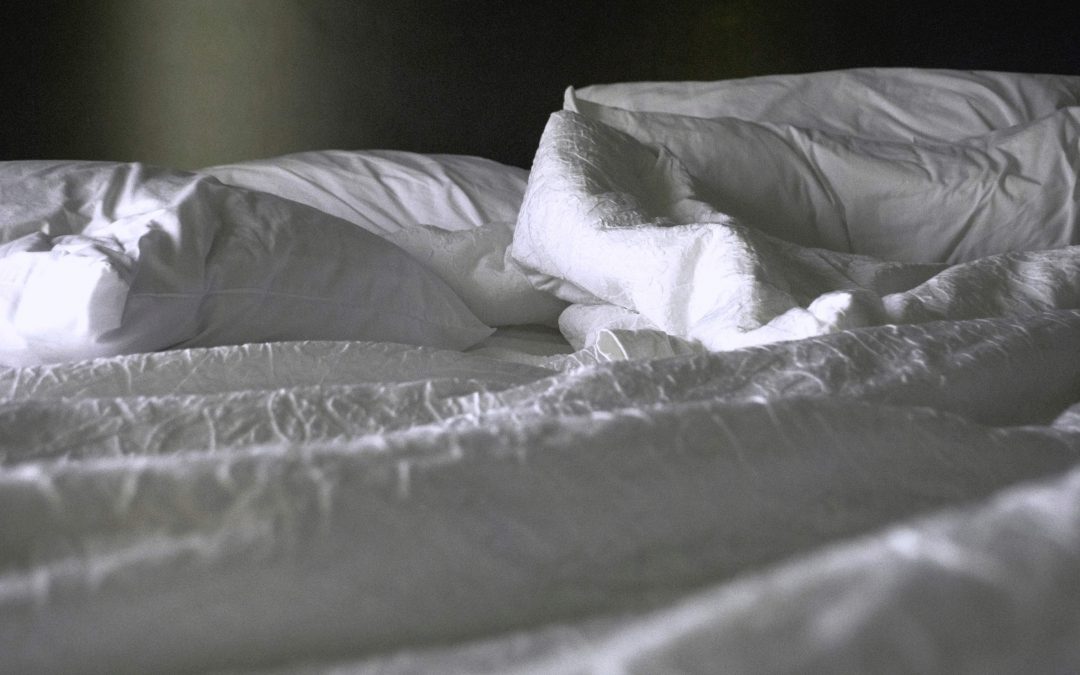It’s Not Just About Snoring; Sleep Apnea Can Be Fatal
Many people may think sleep apnea is just an inconvenience for those who are afflicted with the condition. Others may think it is unfortunate for those forced to listen to their partner’s snoring.
But sleep apnea also can be lethal.
“A person can go for weeks without food, days without water, but only minutes without air,” says Dr. Daniel Klauer, DDS, author of Achieve Your Victory: Solutions for TMD and Sleep Apnea (www.drdanielklauer.com).
“Waking up gasping for air is more than an inconvenience; it can be life-threatening. People who have sleep apnea should not shrug it off as something minor.’’
Actress Carrie Fisher’s death was attributed – at least in part – to sleep apnea. Other celebrities with sleep apnea listed as a contributing factor in their deaths include actor John Candy, rock star Jerry Garcia and NFL player Reggie White.
Lack of Oxygen to the Brain
Klauer says disturbances in sleep bring decreased levels of oxygen to the brain, which can lead to a host of health issues such as heart disease, hypertension and diabetes. A 15-year study of more than 10,000 adults, published in the Journal of the American College of Cardiology, also found strong links between sleep apnea and cardiovascular diseases.
Deaths from sleep apnea alone are not common, but sleep apnea elevates the risk of dying from other issues. People with untreated sleep apnea are more likely to have a heart attack; have a higher risk of having a stroke; and have three times the risk of a premature death. One study showed that 42 percent of the deaths in sleep apnea patients were due to heart disease.
Four Signs You May Be Suffering Sleep Apnea
Klauer says there are four signs someone could suffer from sleep apnea:
1) Snoring. Approximately 35 percent of married couples sleep in separate bedrooms due to snoring. Snoring isn’t always a sign of sleep apnea, Klauer says, but it is typically one of the symptoms. If snoring is accompanied with choking or gagging sounds through the night, then the sleeper is experiencing sleep apnea.
2) Patient stops breathing during sleep. Sleep apnea sufferers stop breathing 30 or more times an hour for a minimum of 10 seconds or more at a time. The interruptions in sleep lessen the oxygen flow to the brain, and the brain doesn’t function well on low oxygen.
3) Day fatigue. Most victims of sleep apnea report feeling tired most of the time. And since a person with sleep apnea typically has shallow breathing or wakes up constantly, in addition to being tired during the daytime, they are also usually drowsy and irritable – which are symptoms of somebody who is simply not getting enough sleep.
4) Teeth grinding. This is the condition known as bruxism. Sleep apnea sufferers may awake with sensitive teeth or tight jaw muscles, Klauer says. It happens because the breathing airway is obstructed. According to the National Sleep Foundation, one in four people with obstructive apnea grind their teeth.
“Too many people may think their partner’s snoring is just an inconvenience, so they move into the next bedroom and think the problem is solved,” says Klauer. “Many times, the person who suffers from sleep apnea just gets used to the snoring and waking in the middle of the night. So once their partner moves into another bedroom, they stop taking it seriously. But to ignore those symptoms and not talk to your doctor could be a fatal mistake.”
About Dr. Daniel Klauer, DDS
Dr. Daniel Klauer, DDS, is author of Achieve Your Victory: Solutions for TMD and Sleep Apnea (www.tmjsleepindiana.com). Since 2013, Dr. Klauer has limited his practice to treating patients with craniofacial pain, TMD, and sleep breathing disorders. Dr. Klauer is board certified with the American Board of Dental Sleep Medicine, American Board of Craniofacial Pain, and the American Board of Craniofacial Dental Sleep Medicine. He is diplomate eligible with the American Board of Orofacial Pain. He attended the University of Notre Dame and was a member of the Big East Championship Varsity Golf Team. After graduating from the University of Notre Dame, Dr. Klauer earned his doctor of dental surgery degree (DDS) from Ohio State University.


















